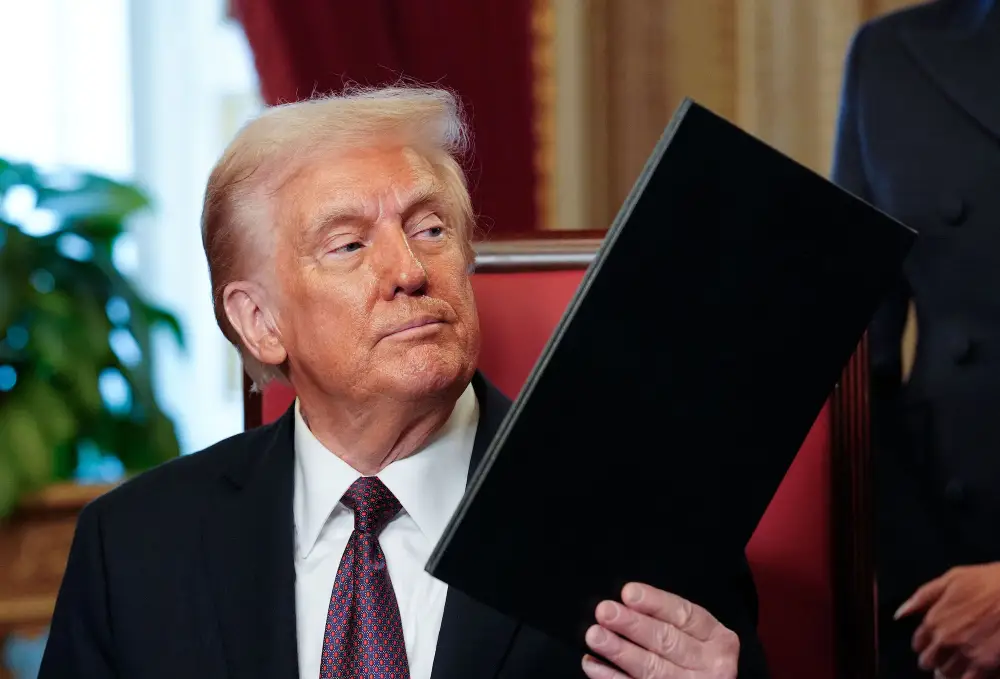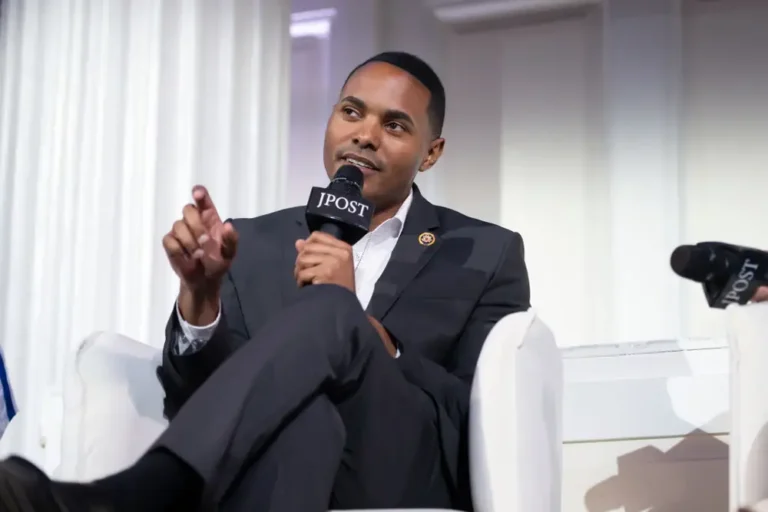Trump’s RTO order has federal workers split

Trump shortly after signing several initial executive orders on Monday.
On Monday, Trump was in his office making sure federal workers returned to theirs: Just hours into his new administration, he signed a return-to-office order for federal employees.
But he doesn’t want to see everyone back in the office. No, some employees might not be returning to their desks at all. A hiring freeze was established for some new workers joining federal agencies, and departments were asked to draft up lists of workers they could easily fire (with more than 2 million Americans employed by the federal government, B-17 broke down where most people are working and what they make).
On Tuesday, Trump placed all workers focused on DEI initiatives on leave by no later than 5 p.m. ET Wednesday while their programs are dismantled.
It seems “efficiency” is the watchword in the White House. Perhaps Trump has taken a leaf out of Big Tech’s playbook.
How are all these changes being received?
Union leaders have moved to shield their workers, saying that Trump’s RTO mandate won’t make the government more efficient. They also warned of some unintended consequences, including creating challenges when recruiting and retaining talent.
“They’re trying to score political points by insinuating that people on telework aren’t coming to work when nothing could be further from the truth,” union boss Randy Erwin told B-17.
Some workers told B-17 the RTO mandate will be a major strain on commutes and family life. Others, meanwhile, see value in the order, with one worker pointing toward quicker decision-making, enhanced collaboration, and clearer “boundaries between work and home life.” Read everything the workers told us here.
Government contractors — those who work with the US government but aren’t directly employed by it — also gave B-17 a look into how Trump’s new administration is impacting them. Many of them said they see it as an opportunity, even if it comes with uncertainties and challenges, such as potentially lower contract amounts or more ambitious deadlines.
Whatever their position, those who work for — and with — the government are bracing for change.






